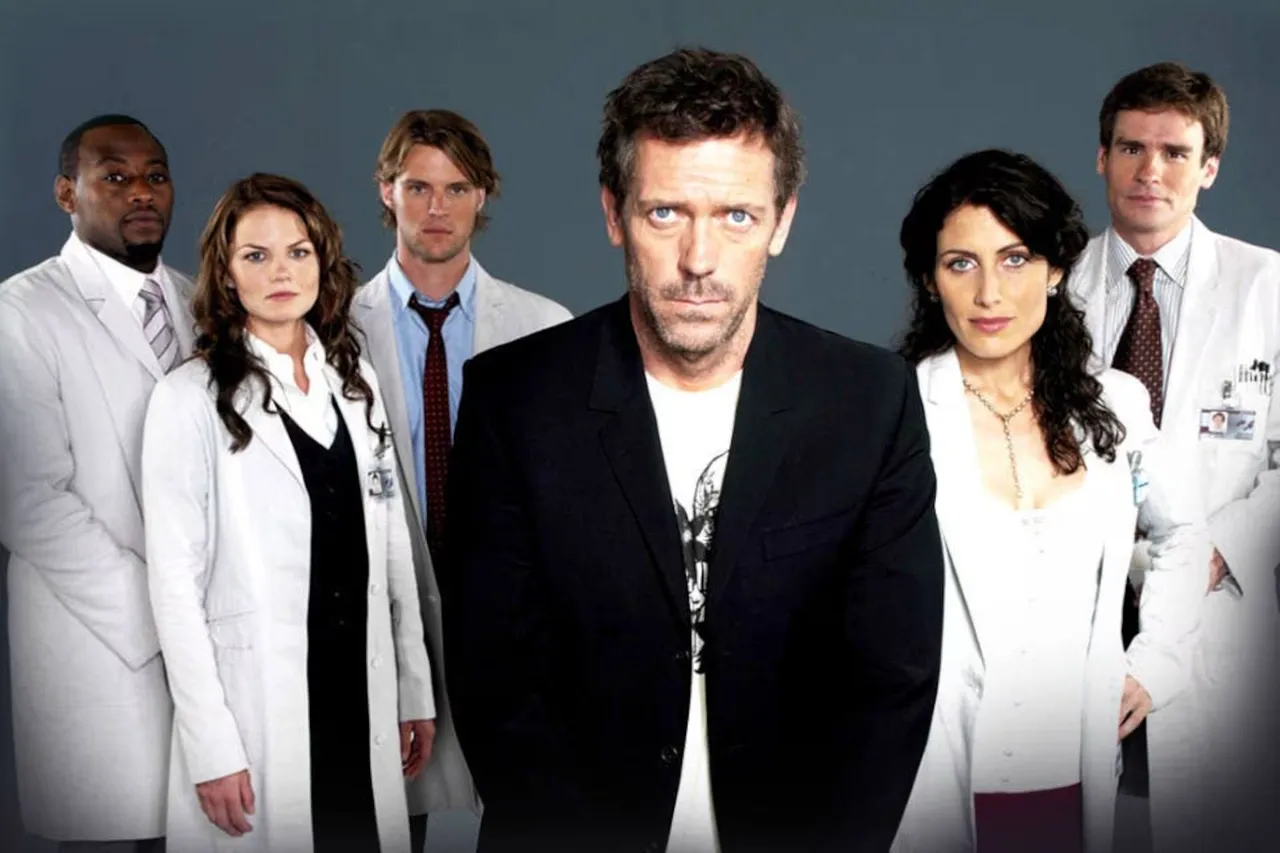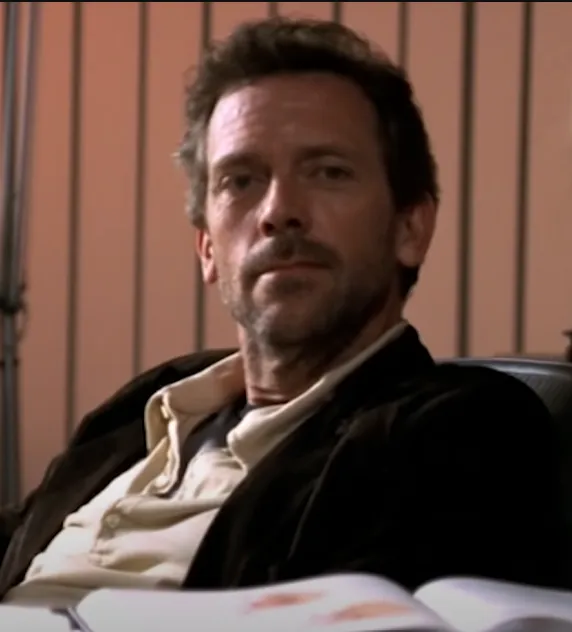The first episode of one of the most watched and successful series during its airing, House MD, or simply House, which began airing 20 years ago, in 2004, and ended in 2012, is a medical mystery episode and an introduction to the basic characteristics of the main characters. However, obviously the one that stands out is the titular character of the series, a Sherlock Holmes of medicine both in his intellectual capacity and reasoning process, as well as in being addicted to a drug, with some more references in the throughout series to those Conan Doyle's stories.

Holmes is addicted to cocaine, House to Vicodin, although for different reasons: Holmes to avoid boredom when he has no cases, House due to chronic pain in his leg, which, as he explains when he finally speaks with the patient of the episode, occurred because he had an infarction (a blockage of blood flow) in his leg and did not receive the correct diagnosis (there is an episode where he is shown to have diagnosed himself). However, it is not explicitly stated in this episode that House is addicted (his recognition of it will have its own episode), but the cameras do make a particular focus each time House opens the bottle and swallows a pill.
In this episode, the patient, named Adler like a character from Sherlock Holmes, is a 29-year-old teacher who temporarily lost the ability to speak and had a seizure. The actress does a great job showing her decline in energy and mood throughout the episode due to the worsening of her condition, and she and House have a great single scene together.
Only one scene because House does not want to see patients so that they do not affect his objectivity, but also because he does not like people: "Humanity is overrated," he says, and his motto is "Everybody lies."
One good thing about the episode is that House uses a book to delve further into a certain aspect of the patient's condition. It would have been good if this detail (using bibliographic references) was repeated often in the series but I think it never happened again. Another curiosity is the "yellow lighting" in this season (I don't remember if it lasts the whole season or if it's only the first few episodes).
The other doctors are Foreman, whom House hired because he had broken into a house and wanted someone with street smarts on his team (besides being a very good doctor); Chase, whom he hired because "his dad made a phone call" (which if I recall correctly, was never explained in its nature), and Cameron, whom he hired for considering her very beautiful, since beautiful women do not study a difficult career like medicine having easier ways to make money, unless they are damaged somehow.
There is also Cuddy, the dean of medicine and House's boss, who can control him to a certain extent and confront him dialectically. And Wilson, House's "Watson", although the difference in intelligence between Wilson and House is less than between Holmes and Watson, and Wilson is not his chronicler or assistant, but the head of the oncology department.
And so this series of medical mysteries is presented with a brilliant doctor of eccentric personality, and the greatest appeal of the series lies in this sarcastic doctor, House, more than in the medicine.

Phrases from the episode, all by House:
“Everybody lies”
“Humanity is overrated”
“Truth begins in lies”
This one was more as an attempt of clever reply to Foreman, but it could be interpreted in the way of Auguste Duponte, from The Poe Shadow: one must learn what it is false to come close to the truth or “you have learned the truth by learning what it is false”.
House: I have a legitimate theory about what's wrong with her.
Cuddy: With no proof.
House: There’s never any proof. Five different doctors come up with five different diagnoses based on the same evidence.
Cuddy: You don’t have any evidence. And nobody knows anything, huh? Then how is it you always think you’re right.
House: I don’t. I just find it hard to operate on the opposite assumption.
(This shows that you can't wait to have definitive evidence, you have to make an assumption and act until it's confirmed or new information changes the odds)
“We can live with dignity, we can’t die with it”
(We all die and death is the same for everyone)
"As the philosopher Jagger says, “You can’t always get what you want…”"
(And the beginning of that song is played at the end of the episode)
"I solved the case. My work is done"
(House refuses to get a court order to declare insane the patient who prefers to die over receiving more treatments because he knows that she is not insane.)
House: Why?
Cameron: is that rhetorical?
House: No. it just seems that way because you can’t think of an answer.